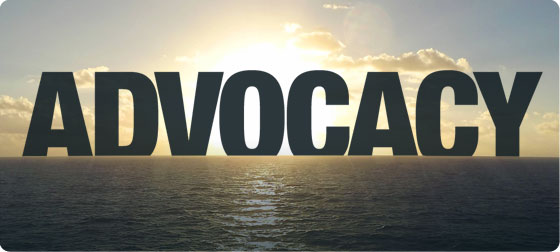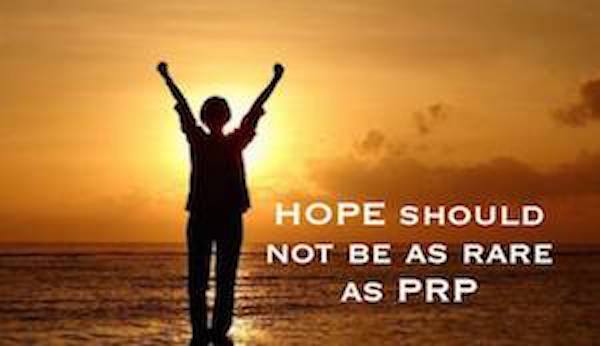Sometimes we need to “Give a Listen”
From the Editor… There may be a place for music in the treatment of pityriasis rubra pilaris — music that brings peace and solace to the PRP community. This page is an experiment to see what “inspiration” comes our way. If music can soothe the soul, what music might others share. WARNING: Apologies in advance if […]
Sometimes we need to “Give a Listen” Read More »









